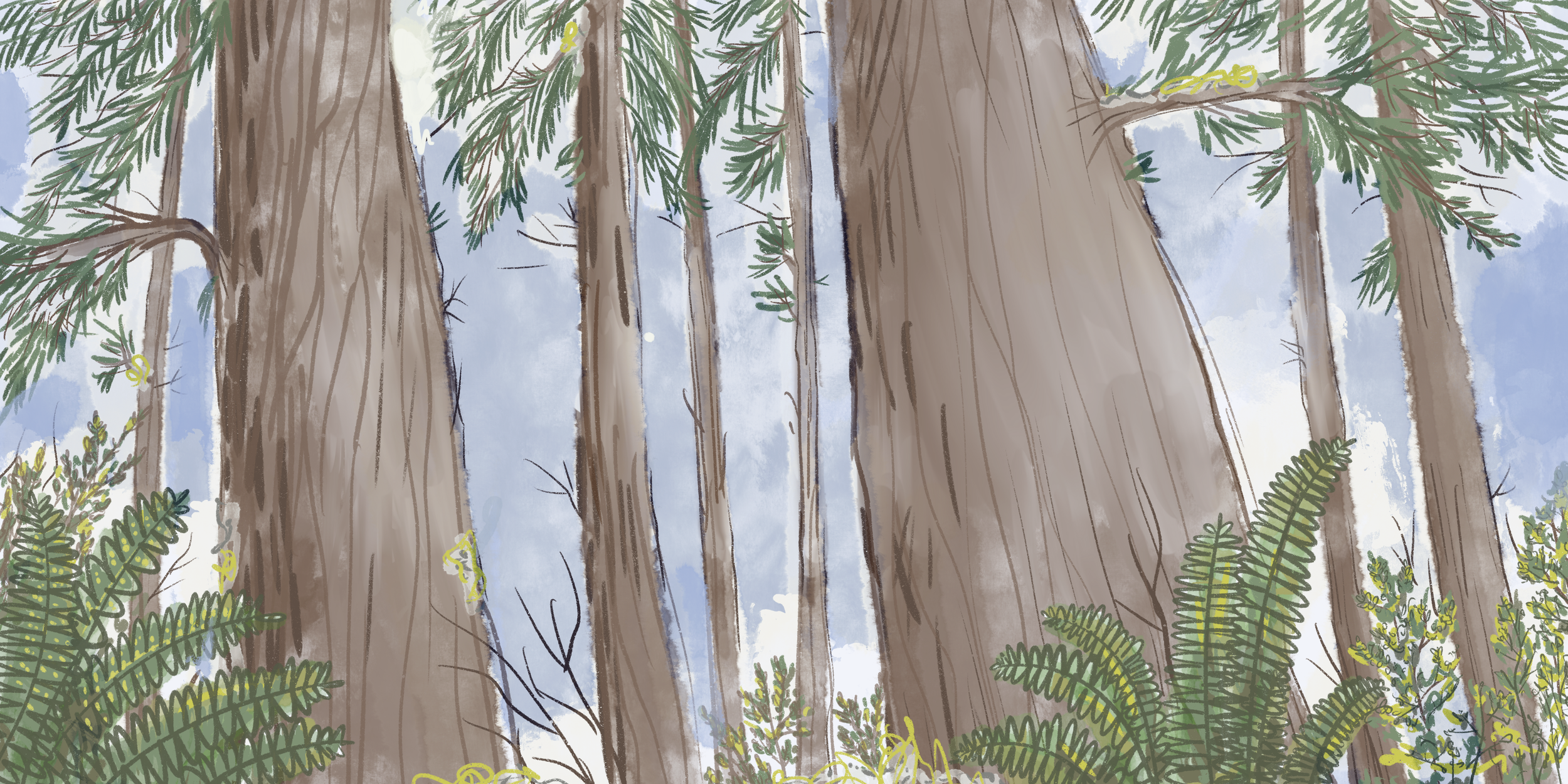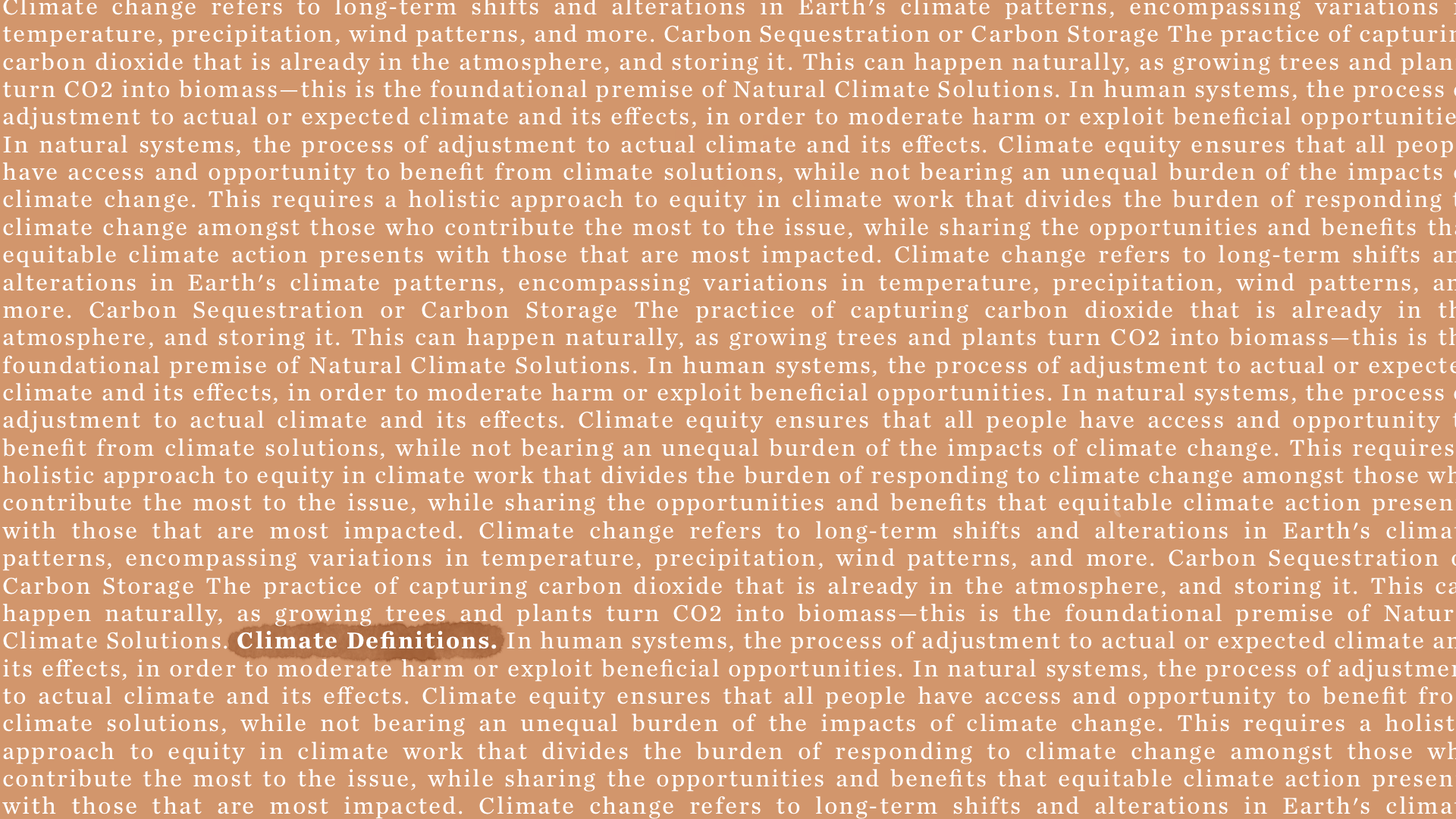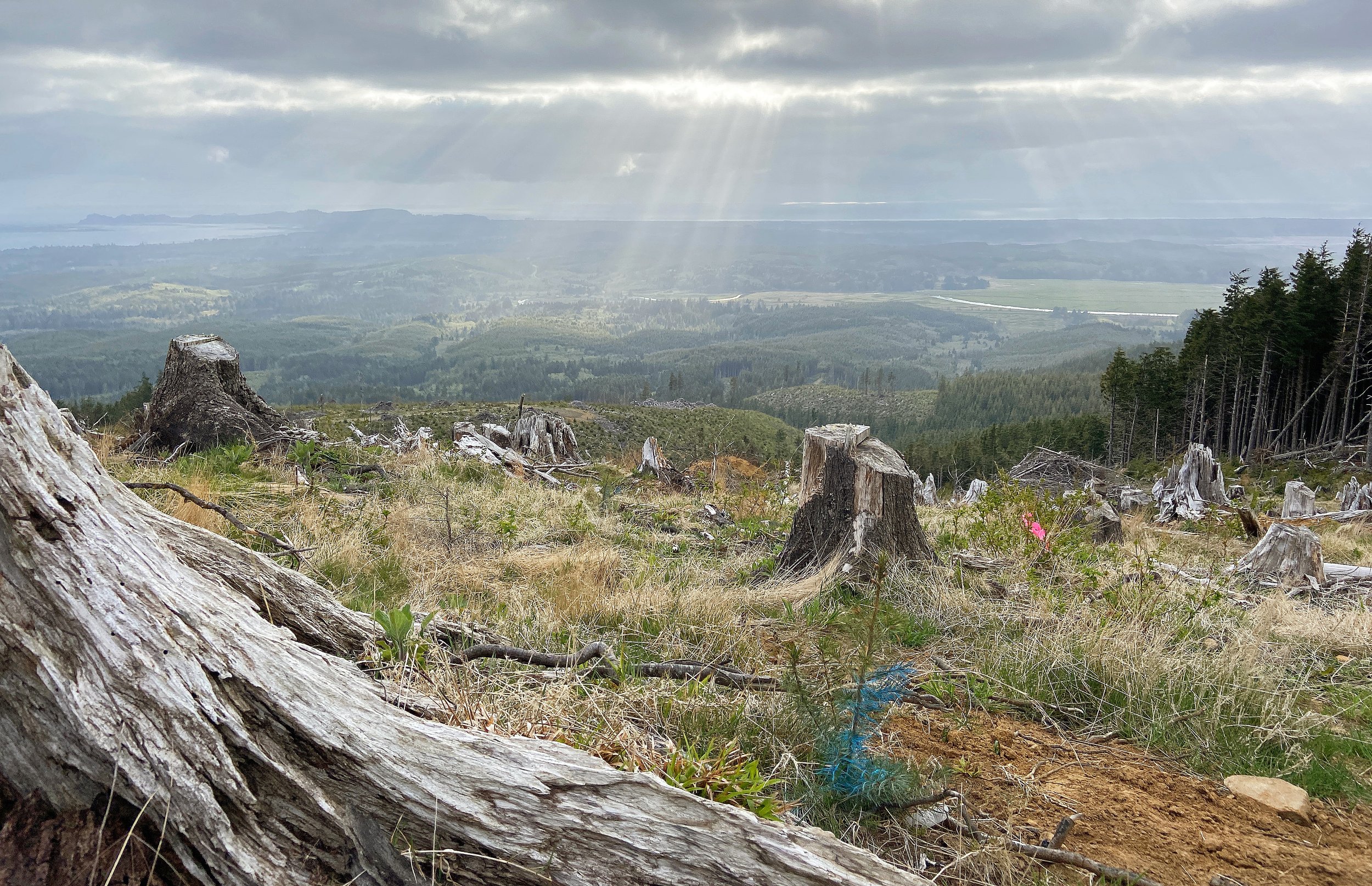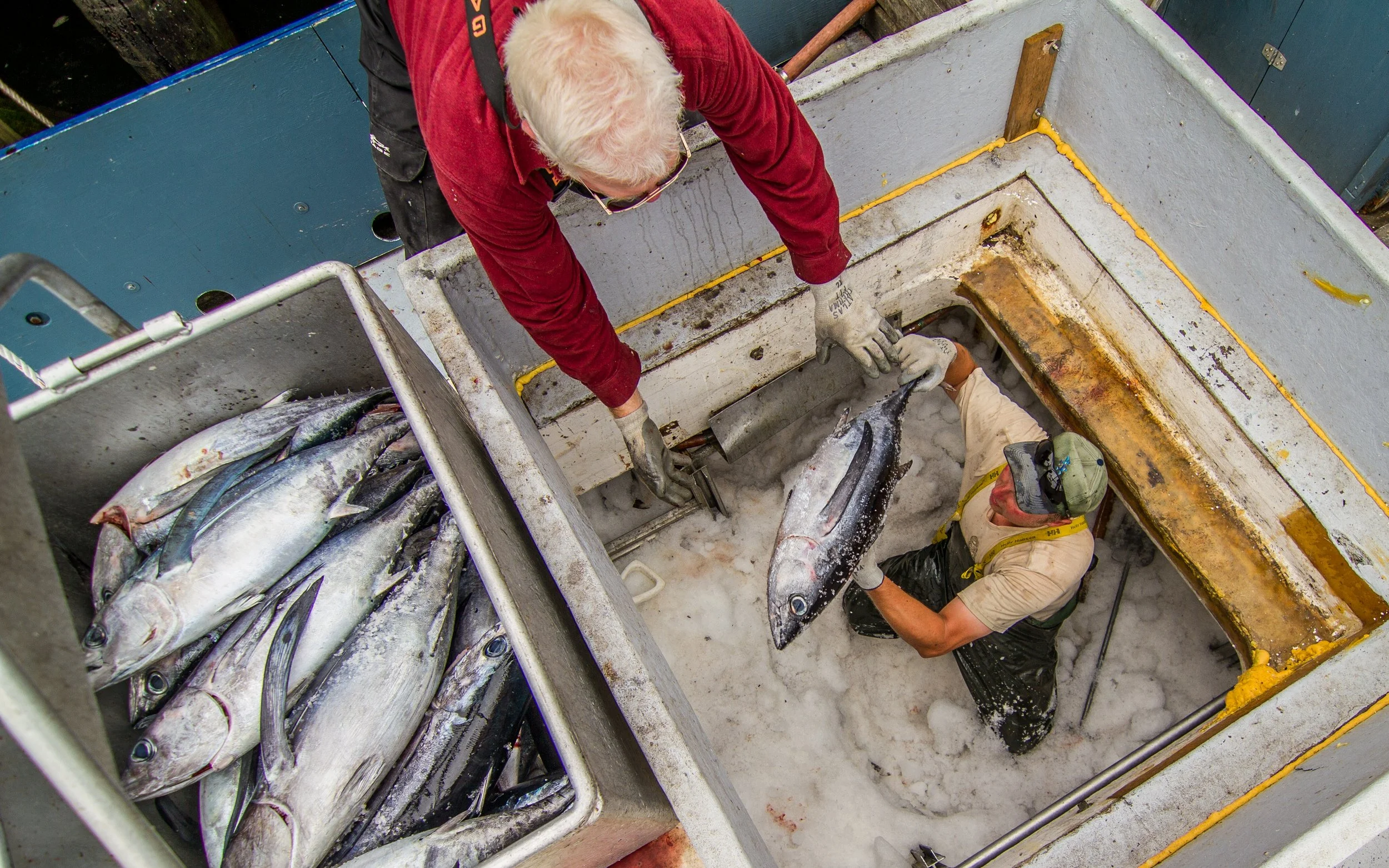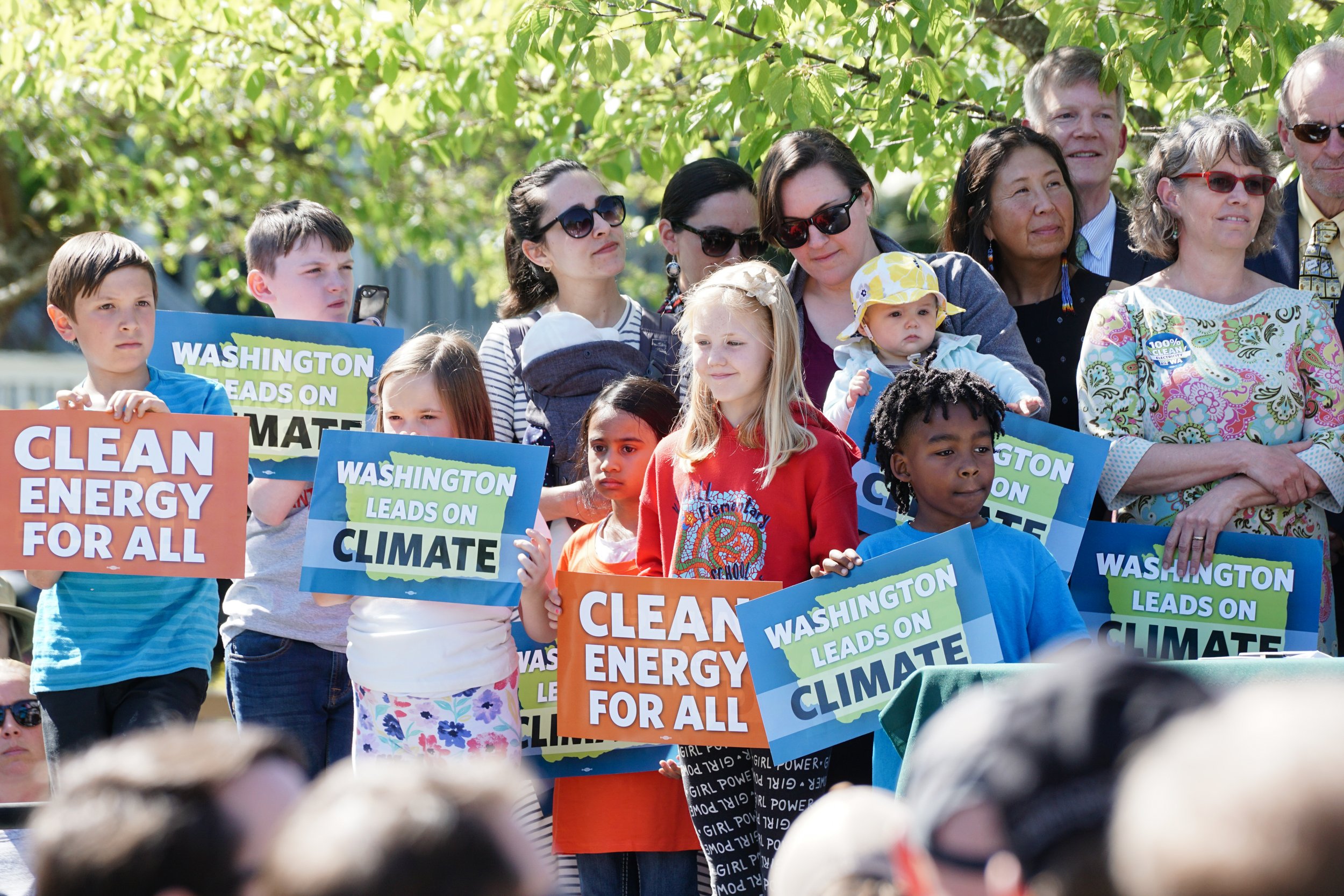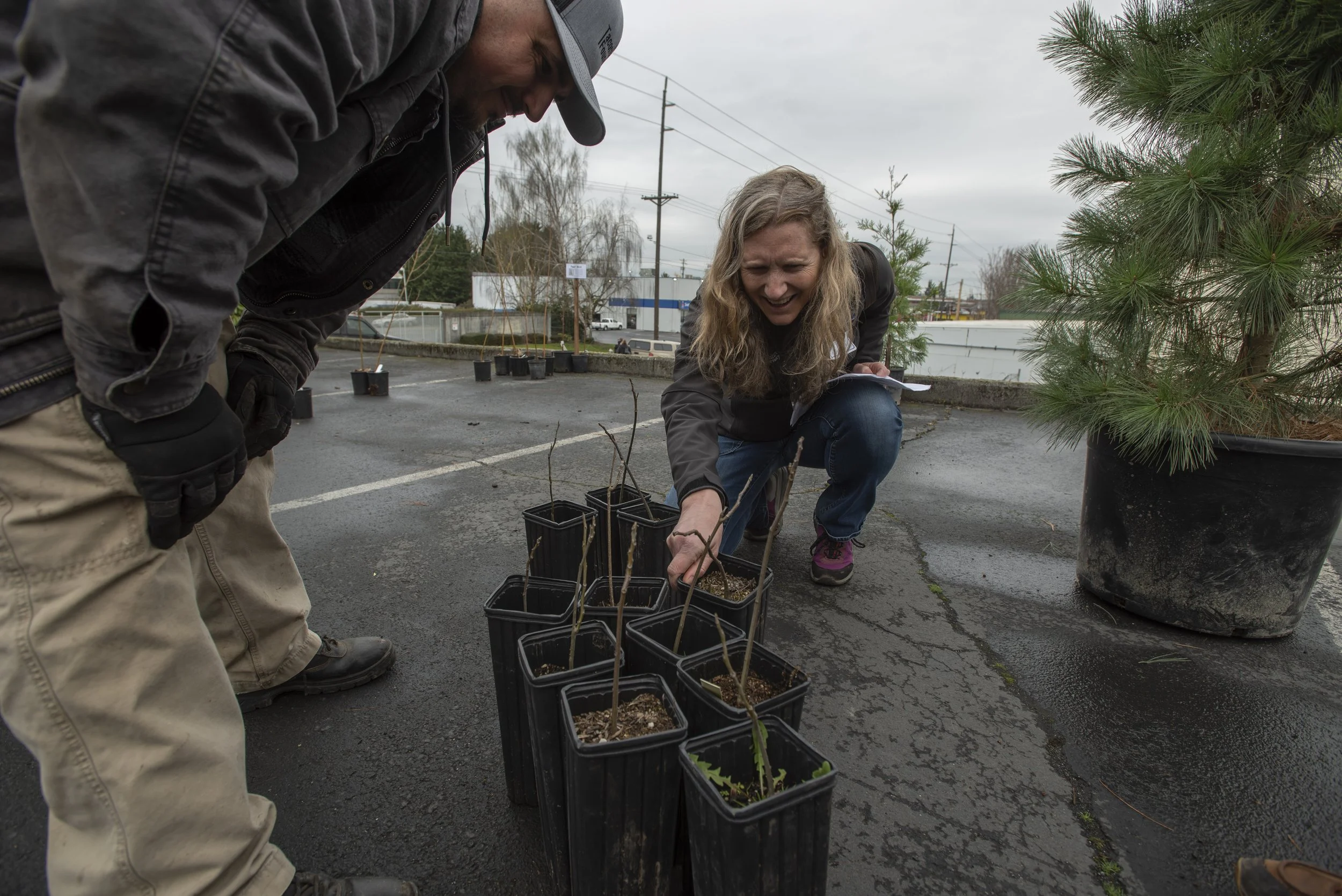There is no doubt: our planet’s climate is changing, and human activity — particularly our reliance on fossil fuels — is a primary culprit. In Washington state, our beautiful forests, rich estuaries, life-giving rivers and economies that depend on these resources are at risk. The implications of climate change may seem overwhelming and irreversible, but we have some good news: Each of us has an opportunity to act — and to make a positive impact of our own.
Here are some tangible steps you can take to help put the brakes on climate change.
Learn the Facts:
First, become familiar with the facts. “One of the most important actions an individual can take is to educate themselves about the basics of climate science and how we know that the earth is warming,” says Crystal Raymond, climate adaptation specialist for Seattle City Light.
Beyond the basics, learn about what climate change means to our unique environment in Washington and how communities are already working to adapt. Once you’re informed, share your knowledge with family, friends and your broader networks on social media. When backed by fact, your voice can be a very powerful tool.
Small Changes, Big Impacts
Slowing climate change means reducing carbon emissions. Here are some quick and simple ideas for turning your personal carbon footprint into more of a "toeprint:"
- Park the car for a few trips each week, and try walking, biking, telecommuting or public transportation. Spokane Transit offers new riders five free vanpool rides, while King County Metro has rideshare and route-finding options.
- Be an energy-wise consumer. Food and goods require energy and water to grow, manufacture, package and transport. Buy less, toss less and buy local when you can.
- Water takes energy to heat, treat and pump, so conserving water reduces emissions. Consider rain gardens, native landscaping and other water-saving measures.
- Research rebates, incentives and tax breaks for saving energy offered by many Washington utilities, including Seattle City Light, Puget Sound Energy, City of Bellingham, Tacoma Public Utilities and Inland Power and Light.
- How many pounds of carbon does it take to run your household? Use our carbon calculator to find out, then adjust your numbers to see how low you can go.
Make Washington More Resilient
Fighting climate change also means strengthening nature’s resilience to the changes already happening. Here are some ways to widen your impact for Washington:
- Invest in green energy: Green energy isn’t just an alternative, it’s an economically strong, environmentally friendly choice. Seattle City Light’s GreenUp program is one easy way to invest in green energy, such as solar and wind power.
- Volunteer: Be a citizen scientist and help Washington Sea Grant document rising sea levels during king tides, protect habitat with the Washington Department of Fish and Wildlife or Department of Ecology or get involved with The Nature Conservancy on projects throughout the state.
- Support smart carbon policies. It is more crucial than ever for local governments and informed citizens to support climate-change action. Stay engaged and involved in Washington’s legislative proposals on climate and add your voice to The Nature Conservancy’s call to world leaders.
At The Nature Conservancy in Washington, we’re advancing unique, effective strategies that make our state’s natural resources more resilient. Your donation, plus your voice in a continuing conversation help us sustain this work.
Climate change is a serious and real threat that is already changing our world. Yet there is hope, because even just a few small, tangible steps will make an impact. Think of the possibilities if each of us committed to these simple solutions. Together, let’s do this.
Resources:
Washington Department of Ecology Climate Change website: http://www.ecy.wa.gov/climatechange/
EPA Climate Change website: https://www.epa.gov/climate-change-science
EPA’s list of home energy savings ideas: https://www.epa.gov/climatechange/what-you-can-do-home
Passive House Northwest: http://www.phnw.org/
NOAA Observations and teaching Resources: https://www.climate.gov/climate-and-energy-topics/measurements-and-observations



